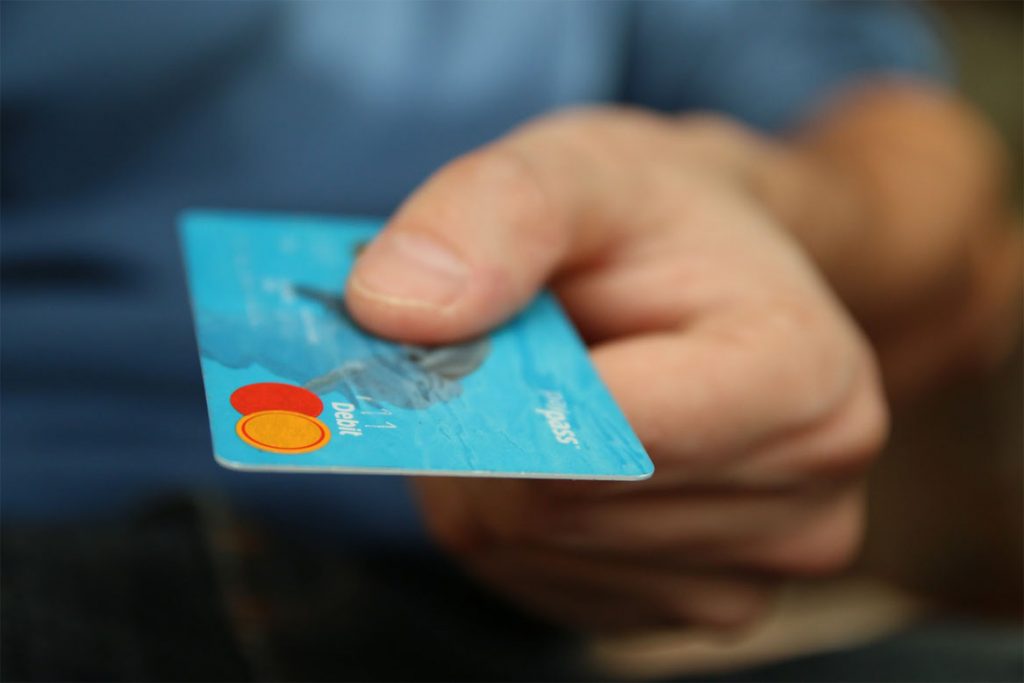Even though choosing a new bank is not as stressful as buying a house or a car, it’s certainly not an easy decision to make. This is because you know that putting your hard earned cash in the wrong place can cost you in the long run. So before you commit to an account with a certain bank, it’s important to search for and choose the ideal bank for your specific needs. That’s why we’re presenting you with seven tips that will help you do just that!
Type of Account
Banks come with several types of accounts, services, and products. Since you can’t possibly compare all the things that come with a bank, the type of account is the ideal place to start when searching for a bank. For example, if you want to save more money, you could open a bank account online that’s labeled as high-yield. This means the interest rate is higher than other accounts, so you’ll make more money from your money. If you’d prefer an account with less restrictions about how much money you can take out, then a regular checking out might be totally suitable.
Understand the Terms and Conditions
Before signing the contract and opening your account, make sure to read the terms and conditions, and the fine print as well. If any fees pop up, ask if you can have them waived. You need to make sure that you understand and agree with everything before you put ink to paper and commit to a new bank.
Consider Digital Features
Most banks nowadays will provide their clients with basic mobile and online channels services. For example, you can transfer funds, check balances, pay bills, and even make mobile deposits. However, there are banks that don’t come with such features. Depending on your necessities, you should determine which online services are important to you, and which ones you don’t care about having.
Need Help Budgeting?
Many banks understand the importance of budgeting and keeping your finances organized. That’s why many have gift funds, travel funds, and regular expense funds available. If you want to save more money, then you should work with a bank that allows you to open and name separate accounts. This will help you keep track of all your expenses.
Consider Accessibility
Some people choose their bank based one the closest ATM to their home or workplace. It’s also important to take into account the location of bank branches as well as the availability of mobile and online banking. If you’re using your bank regularly, research accessibility so you won’t end up using gas station ATMs and racking up tons of fees.
Account and Service Fees
Before opening an account, make sure you understand and can deal with all the account and service fees that come with it. For example, you may come across overdraft fees, monthly maintenance fees, statement fees, returned check fees, stop payment fees, wire transfer fees, certified check fees, cashier’s check fees, and out-of-network ATM fees. For example, big banks may provide excellent accessibility, but Wells Fargo or Bank of America banking fees could eat a hole in your wallet. for Different banks come with different types of fees, so choose the one with fees that you’re less likely to have to pay.
Ideal Interest Rates
These rates are important because with less interest on loans and more interest on savings you end up putting more money into your pocket. However, interest rates vary from bank to bank and can make for a difficult decision. As such, you should shop around for the best rates and determine which of them could benefit you based on your requirements and ability to pay back the loan.
The Bottom Line
Choosing a new bank is no walk in the park. There are many different factors to take into account, such as rates, fees, types of accounts, ATM locations, online services, and so on. The key to choosing the perfect bank is to thoroughly understand your finances. Only then you can research and determine which bank will satisfy your needs. Happy banking!
